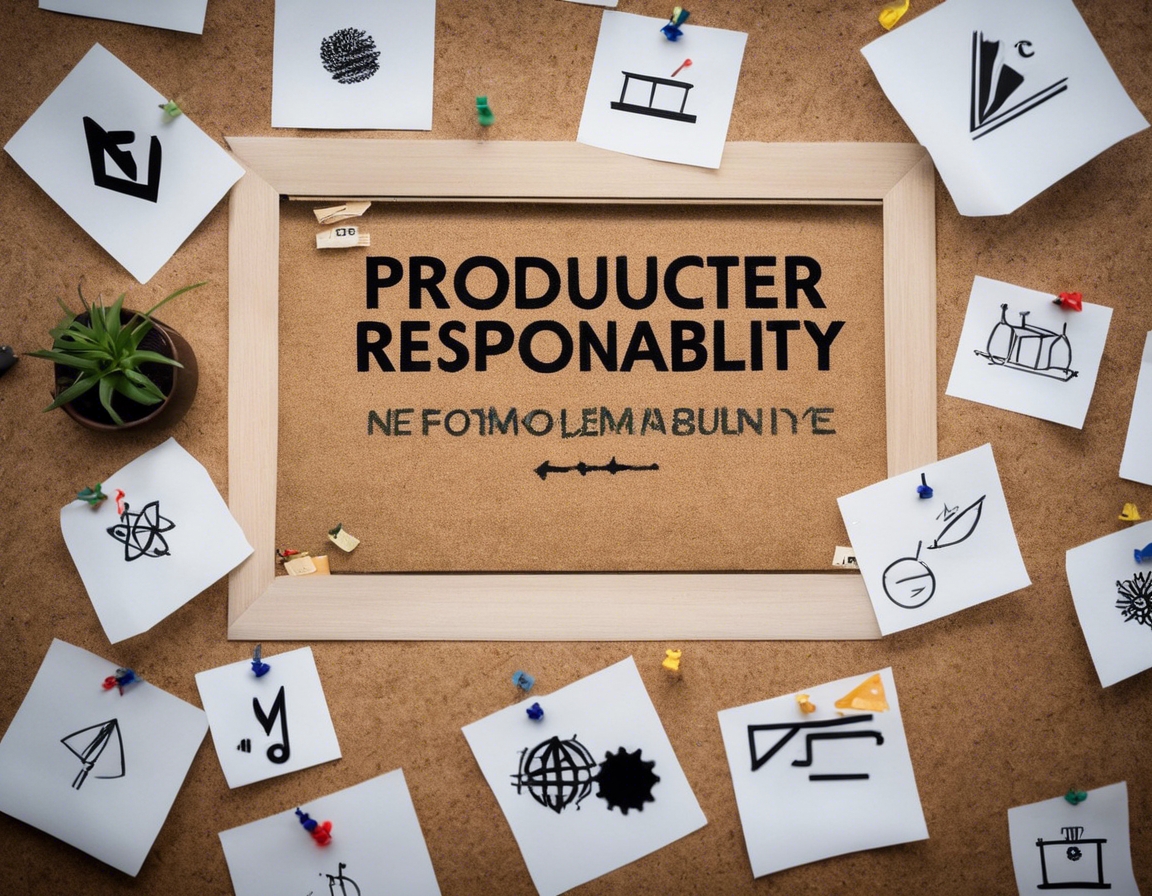Navigating customs: a comprehensive guide
Customs regulations are a complex set of rules governing the import and export of goods across international borders. These regulations are designed to control the flow of goods, ensure the collection of duties and taxes, and enforce trade laws. Understanding these regulations is crucial for any business involved in international trade.
Customs authorities play a pivotal role in facilitating global trade while protecting a country's economic interests. They assess duties and taxes, prevent illegal trade, and ensure that all imports and exports comply with local laws and international agreements.
Preparing for Customs Clearance
Proper documentation is key to a smooth customs clearance process. This includes commercial invoices, packing lists, bills of lading, certificates of origin, and any other documents required by the destination country.
Correctly classifying goods using the Harmonized System (HS) is essential for determining the applicable duties and taxes. Misclassification can lead to delays, fines, and increased scrutiny from customs officials.
Each country has its own list of prohibited and restricted items that cannot be imported or can only be imported under certain conditions. It's important to be aware of these restrictions to avoid complications during the customs process.
Customs Clearance Process
The customs clearance process typically involves the submission of required documentation, payment of duties and taxes, and, if necessary, inspection of the goods. Timeliness and accuracy are critical at every step to prevent delays.
Customs holds and inspections can occur for a variety of reasons, such as random checks or discrepancies in documentation. Understanding how to navigate these situations can minimize disruptions to your supply chain.
Challenges in customs clearance can include documentation errors, misclassification of goods, and unexpected holds. Building a relationship with customs officials and seeking the assistance of a customs broker can help mitigate these issues.
Technology in Customs Operations
EDI allows for the electronic exchange of customs documents, speeding up the clearance process and reducing the potential for human error. It's an efficient way to comply with customs requirements and streamline operations.
Modern customs operations often utilize automation and tracking systems to monitor the movement of goods and manage documentation. These technologies improve accuracy and provide real-time visibility into the customs process.
Best Practices for Efficient Customs Clearance
Customs brokers are experts in the regulations and procedures of international trade. They can handle the customs clearance process on your behalf, ensuring compliance and efficiency.
Staying up-to-date with changing customs regulations is vital for avoiding penalties and ensuring a smooth clearance process. Regular training and compliance checks are recommended.
Investing in continuous education and training for your team can pay dividends in the long run. Knowledgeable staff can navigate customs procedures more effectively and help maintain compliance.





Comments (0)